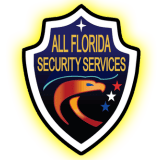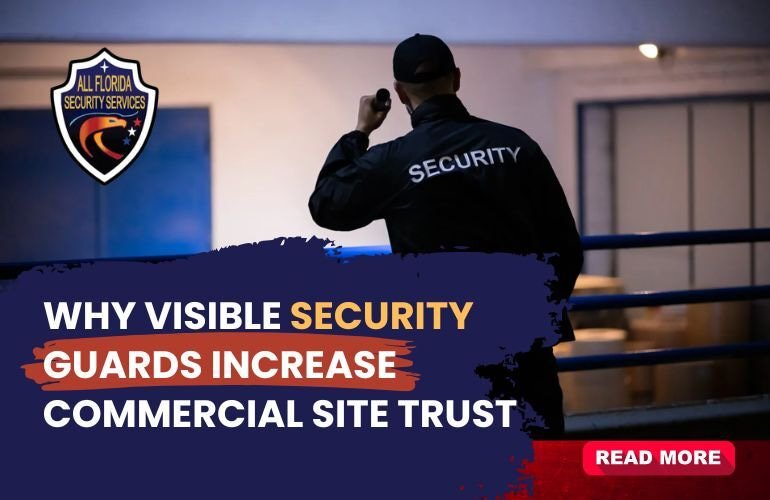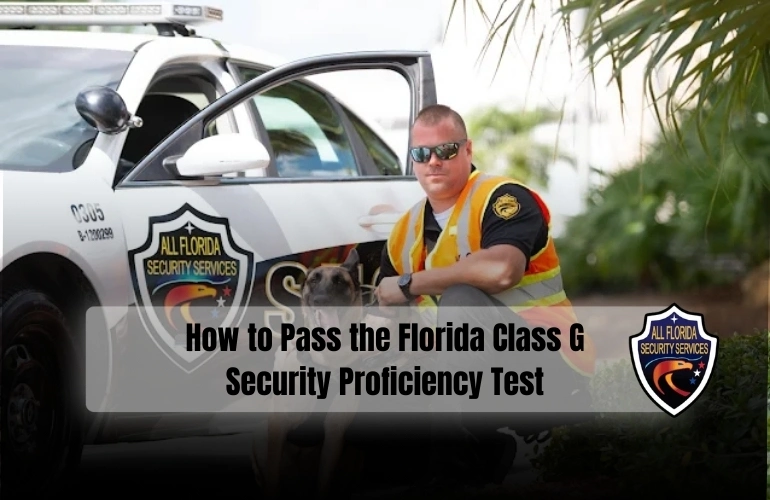It is very important to have the right security guard in place for a secure peaceful environment in your apartment community. As more and more people are demanding safety and protection, the number of a well-experienced and trustworthy security guards is also higher than ever. Whether you’re the manager of a big complex or a smaller apartment building, knowing what qualities to look for in a security professional is important so that when it comes time to make your selection, you’ll make the best one. This guide will go through some of the most important factors to keep in mind and steps that need to be taken when hiring an apartment security officer.
Top 10 Things to Check Before Hiring an Apartment Security Officer
If you’re in need of an apartment building security officer, there are a few things to keep in mind so that you can find the right person for the job. Here is a checklist of what you should be on the lookout for:
- Background Check and Verification
Verify that the enrollees don’t have any criminal record. Check and confirm with local police verification, background check with all records.
- Experience and References
Seek out guards with 2 to 3 years of experience, particularly in residential or apartment security. Get in touch with previous employers to obtain references that will confirm work ethic and reliability.
- Physical Fitness
They do need to patrol, respond quickly and handle emergencies. Check physical fitness, endurance and general health.
- Training and Skills
Verify that the guard is adequately trained to act in case of an emergency, administer first aid, control a crowd and prevent fires as well as operate security equipment.
- Communication Skills
Good communication is essential for interacting with residents, visitors, and emergency responders. The guard should speak the local language and basic English clearly.
- Professionalism and Attitude
Seek a response that is respectful, steady, and alert. The guard should be friendly and respect recreational players not directly involve in a conflict, but be prepared to resolve disputes peacefully and in an orderly manner.
- Licensing and Certification
Verify that the guard maintains one or more of his/her state-required licenses (i.e., Class D, Class G in Florida) and any other required certifications from a local jurisdiction.
- Familiarity with Technology
Surveillance devices can comprise, for example, cameras, alarms and radios. The guard should also have no problem using this technology properly.
- Availability and Reliability
Ensure the officer can accommodate your needed shifts and is reliable and dependable.
- Salary Expectations and Contract Terms
Have the discussion with each other about the rate of pay, work hours and terms ahead of time so you’re not confused about it later.
Types of Security Services for Apartment Buildings
Apartment buildings provide different security services to the residents for safety and security. These include:
One or Two Security Guards on Premises (24/7 or Overnight)
Live-in guards or those who are on duty during certain times monitor a property, engage with residents and react immediately to any issues.
Mobile Patrol Services
A security guard is a private person who is hired to protect workers and property in order to prevent theft, vandalism or other criminal activity by various means.
Concierge or Doorman Security Roles
Concierge/doorman personnel keeping watch and creating a more service-oriented culture for tenants and visitors, through access controls, package handling and customer service.
Access Control Systems
Access in and out of the building, as well as various secure areas within it, is regulated by electronic systems that include key cards and biometric scanners.
Video Surveillance
Common areas are under 24-hour CCTV surveillance and recorded to maintain the evidence.
Alarm and Intrusion Detection
Sensors also detect intruders or safety hazards, such as fire or smoke.
Visitor Management Systems
Intercoms and video intercoms authenticate visitors from a distance for safe access.
Armed vs. Unarmed Apartment Security Guards
Unarmed guards guard without the use of a weapon or carrying one to all assignments, including access control, observation and reporting. Members of armed units are armed and have the responsibility to deal with situations requiring a higher level of security. Each one serves a specific purpose, and the choice depends on the safety level being sought in the apartment and what will fit your budget.
Apartment Security Guard vs. Building Security Systems: What Sets Them Apart?
Apartment watching guards are individuals who live on the property and respond to situations in real-time. Security building systems can keep an eye on premises 24 hours a day but are unable to act, on sophisticated alarms and sensors.
| Feature | Security Guard | Security System |
| Type | Human, on-site | Automated electronic devices |
| Response | Immediate, real-time action | Alerts authorities, no direct action |
| Deterrence | Visible presence deters crime | Passive deterrence through surveillance |
| Coverage | Limited by number and shifts | 24/7 wide area coverage |
| Emergency Help | Provides first aid and guidance | Calls emergency services |
| Cost | $20-$40/hour | $300-$1,000 initial + $15-$50/month |
| False Alarms | Can reduce false alarms | Subject to false alarms and malfunctions |
| Cyber Risk | Minimal | Vulnerable to hacking and failures |
What to Include in a Security Contract for Apartment Buildings
An explicit and comprehensive security contract is necessary to make it clear for the apartment management as well as for the security provider what is demanded from them. Here’s what you need to include:
- Parties Involved
Names and addresses of the company which manages for the apartment and that enables security.
- Scope of Services
Explain what security services you expect, including patrols and access control, incident reports, emergency response and any other specific duties (monitoring cameras, processing visitors).
- Duration of Contract
Indicate the beginning and end dates of the contract, as well as requirements for renewing or terminating it.
- Payment Terms
The final amount, payment plan, billing system (i.e., when they will bill you) and any surcharges like extended service on a holiday should all be part of the contract.
- Responsibilities and Duties
Describe the responsibilities of security guards as well as what the building manager is expected to provide such as access to keys, equipment and on-site facilities.
- Liability and Insurance
Specify the responsibility of who’s on the hook for theft, damage or injury. Be sure they are insured for these risks, with a reasonable level of cover set as a requirement.
- Termination Clause
Describe the terms of how and under what conditions each party can cancel the contract, including notice requirements and when it can be terminated immediately.
- Confidentiality
Safeguard confidential information about the property, residents and security-related matters.
- Dispute Resolution
Define alternative dispute resolution mechanisms to avoid litigation, like mediation or arbitration.
- Compliance
Make sure the security service you choose follows local laws, licensing requirements and industry standards.
Conclusion
A good security contract forms the basis of a successful relationship between apartment management and a security company. It spells out roles, responsibilities and legal protections for each, minimizing the chances of misunderstandings or disputes. Investing time in creating a security contract will save you hours of stress, money and hassle in the future. If you’re an apartment owner or manager in Florida and need reliable, skilled security services with agreements designed specifically for your company, Security in Florida is here to serve all of your needs. Call us today to protect your community with peace of mind.






